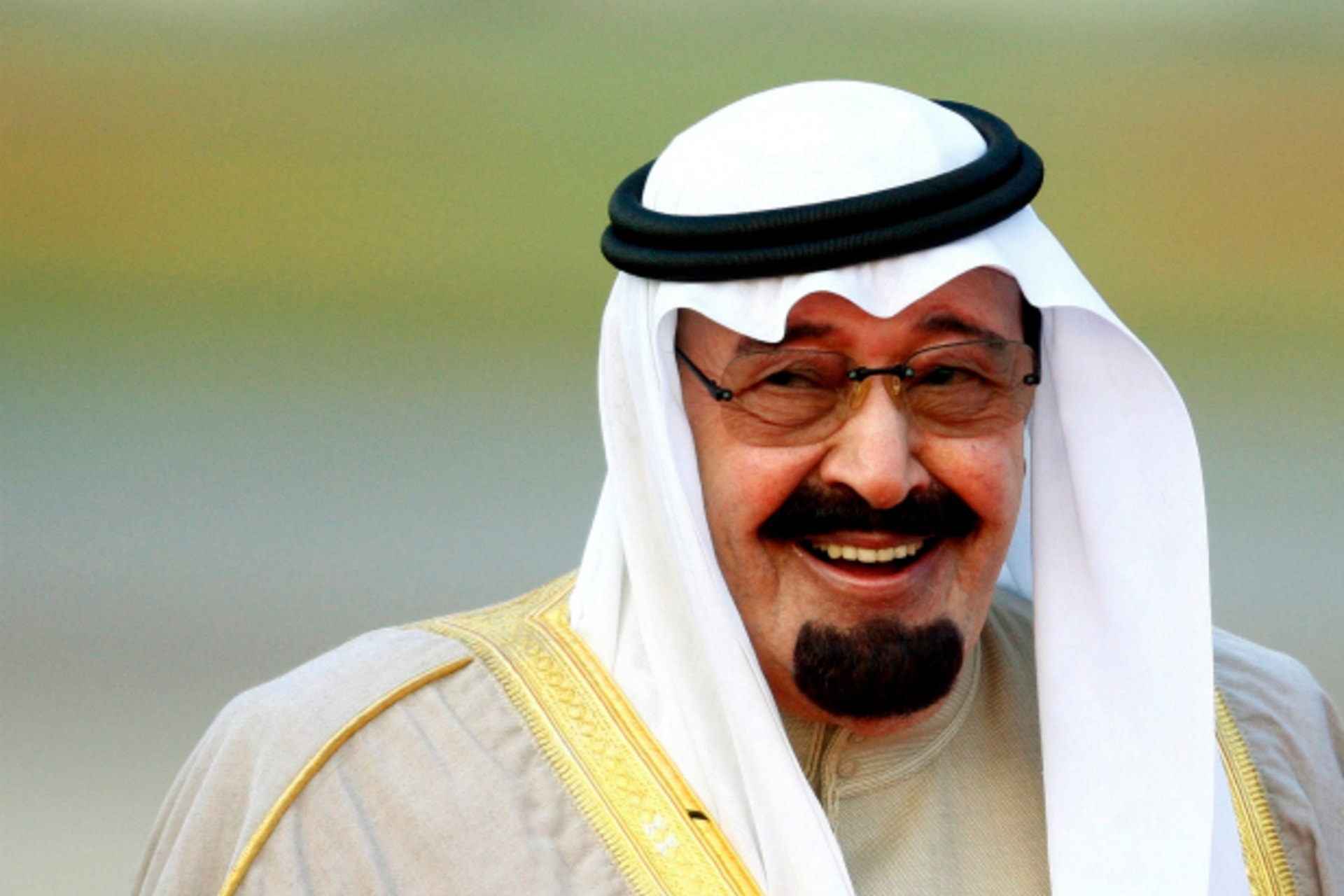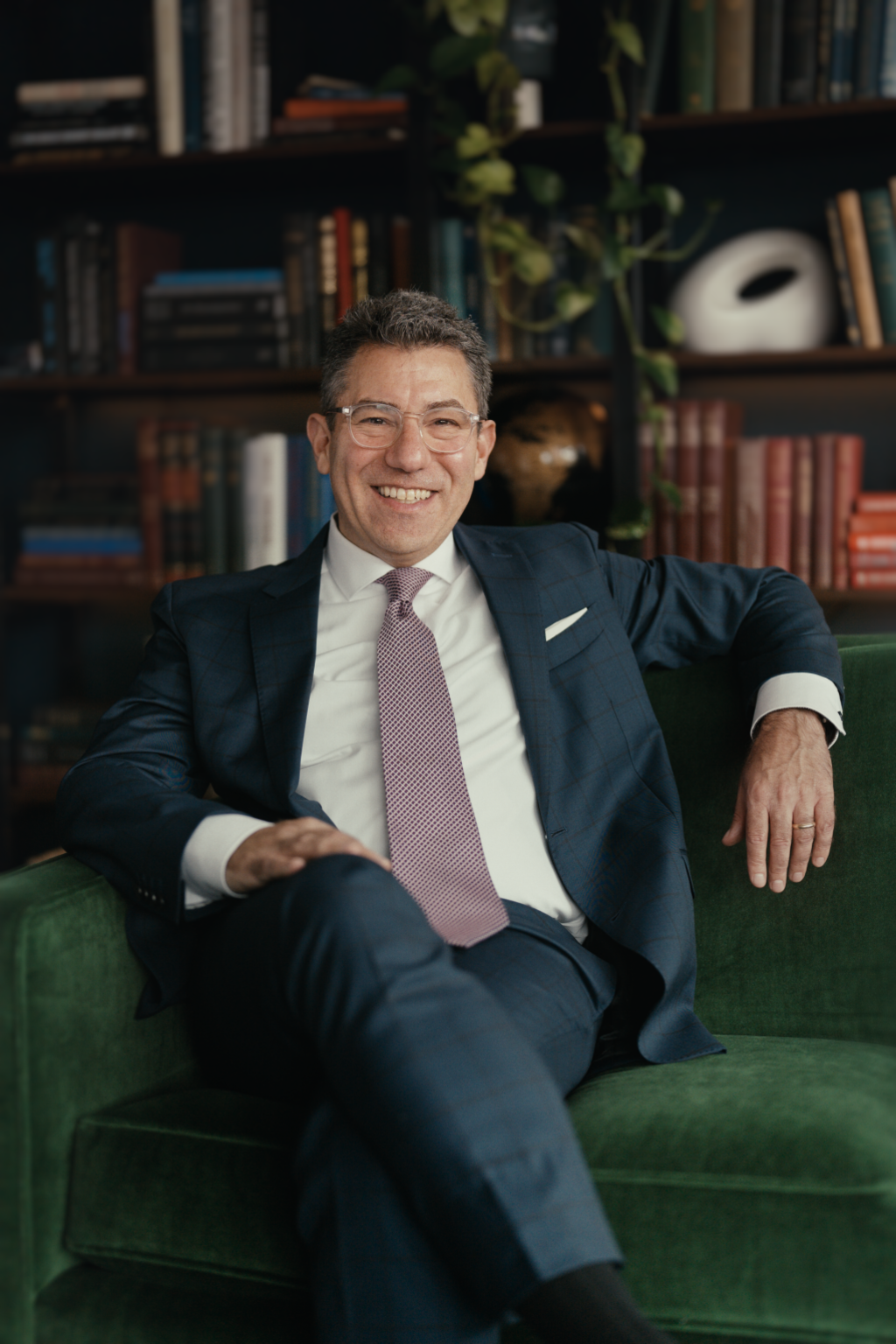Saudi Arabia: How Do You Know?

By experts and staff
- Published
Experts
![]() By Steven A. CookEni Enrico Mattei Senior Fellow for Middle East and Africa Studies
By Steven A. CookEni Enrico Mattei Senior Fellow for Middle East and Africa Studies
During one of my last semesters in graduate school, I was a teaching assistant for a course called “How Do You Know?” The goal of the class was to expose students to the way different disciplines in the social sciences, humanities, and hard sciences evaluate evidence. It was a terrific course. The students loved it and the instructors loved it. I hope the University of Pennsylvania still offers it because many of the people writing about Saudi Arabia after King Abdullah’s death on Friday morning (Saudi time) should enroll. It may not help, however. In too many instances commentators, be they declared “experts” or run-of the-mill pundits, are not dealing with any evidence at all. They are just repeating rumors or making up deep-sounding pronouncements after apparently crash-watching David Lean’s 1962 movie Lawrence of Arabia, which, by the way, had nothing to do with the al-Saud family, but rather their Hejazi rivals, the Hashemites. Here is my advice: Let’s everyone step back from their metaphorical desert tent, take a deep breath, sip some cardamom coffee, munch on a date, and understand—as best we can—what has and what has not happened in Saudi Arabia.
Shortly after King Abdullah was admitted to a Riyadh hospital on December 31, there was a flurry of instant analyses indicating that Saudi Arabia was headed for a succession “crisis” with dire implications for the United States. Everything is always a crisis when you have to beat a rival pundit to the punch, but the reality of Saudi Arabia’s leadership change was much different, of course. The mechanics of now-King Salman’s succession was smooth. Prince Muqrin bin Abdul Aziz al-Saud was elevated to crown prince and Mohammed bin Nayef—a grandson of the founder of Saudi Arabia, Abdul Aziz bin Abdul Rahman bin Faisal al-Saud—was named deputy crown prince, setting in motion a generational change in Saudi leadership. There may have been politics around all of this, but no one outside the royal family could see it, and once the princes came to a consensus on how things would go once Abdullah died, they closed ranks. There was no disruption in U.S.-Saudi relations, though ties have been under strain lately. To reinforce the importance of the relationship, President Barack Obama announced he is traveling to Riyadh on Tuesday to pay his respects. Of course, Abdullah’s death comes at a challenging moment for Saudi Arabia with the combination of the ISIS threat, Yemen’s apparent fall to Houthi tribesmen—who the Saudis regard as agents of Iran—Syria’s continued civil war, Iraq’s fragmentation, Egypt’s instability, and low oil prices.
“Don’t speak ill of the dead” is a proper and decent admonition that well-meaning people should follow. At the same time, we should not lionize the deceased when they do not necessarily deserve it. I am perfectly willing to accept that people in Saudi Arabia supported King Abdullah, but the press reporting would suggest that he was “popular.” How would anyone actually know that? I am not aware of any reliable metric of public opinion in Saudi Arabia that would lead anyone to draw that conclusion. In addition, let’s be clear that the departed monarch’s accomplishments in twenty years in power—initially as de facto ruler while his predecessor, King Fahd, was incapacitated and then as king in his own right—were rather limited. I know, I know: Change is frustratingly slow and incremental in Saudi Arabia. Building consensus among the royals and the religious establishment is a painstaking process, but even so, two decades is a long time. There were persistent stories alleging that Abdullah was a reformer, but no one could ever articulate for me what he actually stood for and wanted. It seemed to me that he wanted what everyone in the Saudi royal family wants—stability and business as usual.
Maybe top-down social and political change in Saudi Arabia is just too hard, but Abdullah failed in other areas as well. I remember attending the Jeddah Economic Forum in early 2006 where I attended a presentation on Abdullah’s plan to construct five new, high-tech smart cities—the centerpiece of which would be the King Abdullah Economic City (KAEC). About sixty miles north of Jeddah along the Red Sea coast, the city is supposed to be an economic center and a place where Saudi Arabia’s notorious social strictures are relaxed. When I had the opportunity to visit KAEC four years later, the developers—the Dubai-based Emaar Middle East—put on a good show, but it was clear that they were scaling their grand plans way back, focusing on activity around the King Abdullah Port, which is not yet complete. Things were so bad that Emaar was forced to accept leaseback agreements to the few people who bought into the KAEC dream early on. There has been progress at KAEC since I visited, but it has fallen short of what Abdullah promised. Of the other four cities, one has been shelved, there is some infrastructure development at the site of Jazan Economic City, and the other two—Prince Abdul Aziz Bin Mousaed Economic City and Knowledge Economic City in Medina— remain big ideas enshrined in marketing materials.
When considering Abdullah’s legacy, let’s also keep in mind that he presided over a society that produced the majority of the September 11 hijackers. As I have written elsewhere, al-Qaeda was, in its earlier incarnations, a largely Egyptian organization that benefitted from Osama bin Laden’s personal wealth. Still, there is no denying that the Saudis under Abdullah had an extremism problem about which they were apparently in abject denial until terrorists started targeting them in 2003. More recently, Abdullah oversaw the beheading of eighty-seven individuals in 2014, mostly poor guest workers that no one cares about. So far this year, which is only twenty-six days old, Saudi executioners have separated ten more people from their heads. Perhaps King Salman—who the British journalist Robert Lacey, author of the widely owned, but critically panned book The Kingdom, hilariously (but not in a good way) described as a “tall, upright son of the desert”—will end this gruesome practice, but it is not likely.
Saudi Arabia is a complex society whose politics are notoriously obscure and thus difficult to comprehend. The newspapers stories, columns, editorials, and instant analyses of all types do not help. If folks want to understand it better, I recommend reading these:
Rachel Bronson, Thicker Than Oil: America’s Uneasy Partnership with Saudi Arabia (New York: Oxford University Press, 2008).
Stephane Lacroix, Awakening Islam: The Politics of Religious Dissent in Contemporary Saudi Arabia (Cambridge: Harvard University Press, 2011).
Toby C. Jones, Desert Kingdom: How Oil and Water Forged Modern Saudi Arabia (Cambridge: Harvard University Press, 2010).
